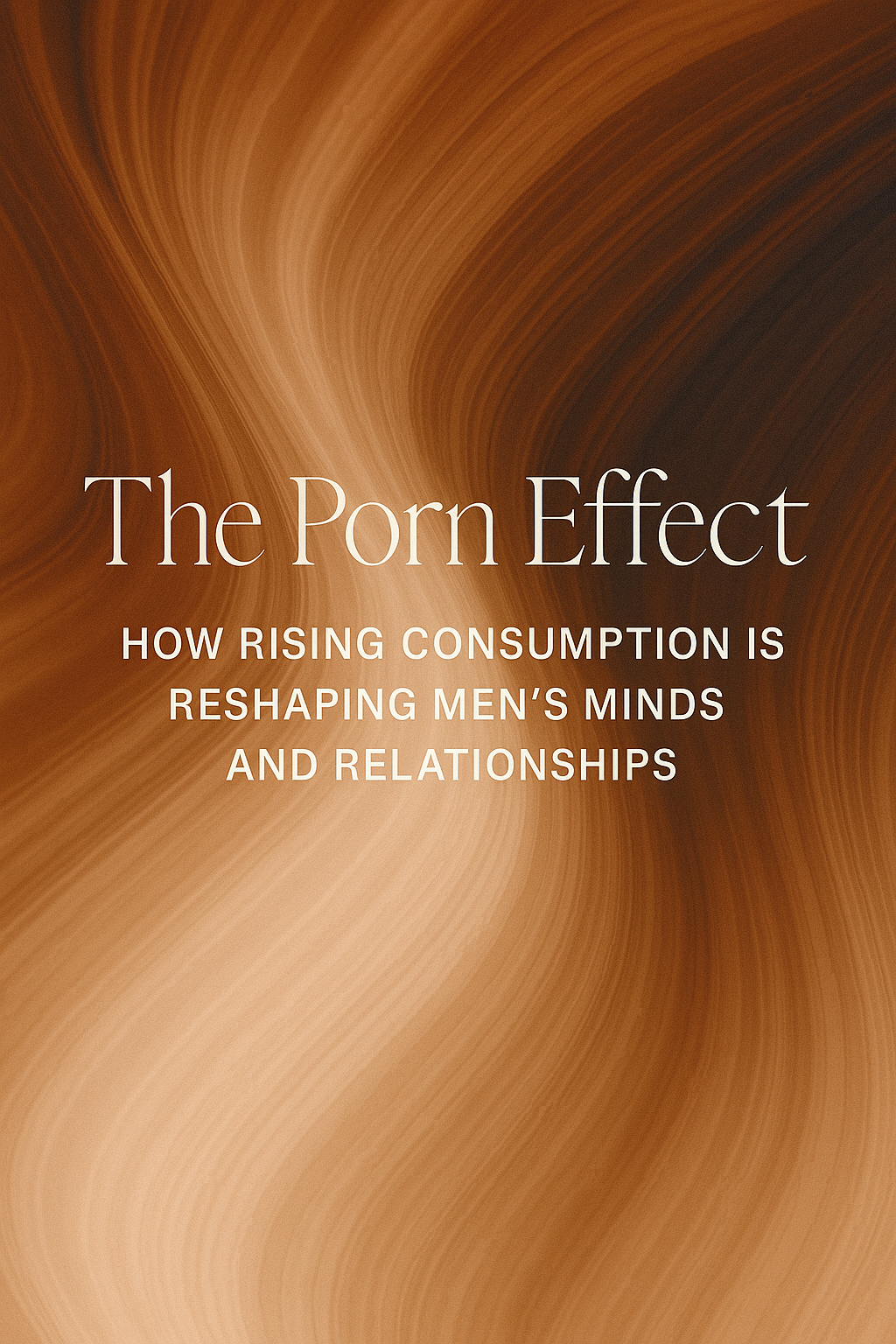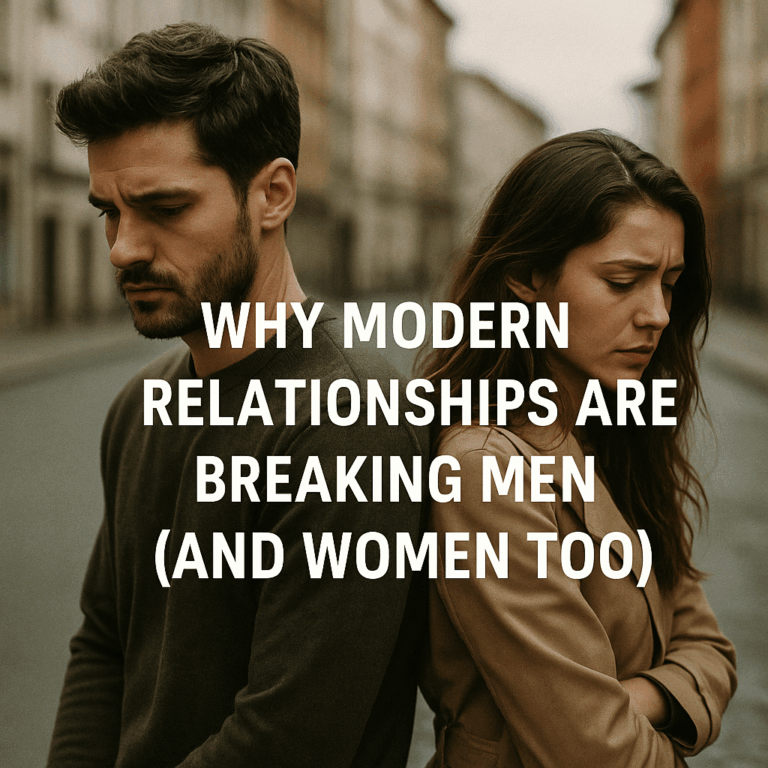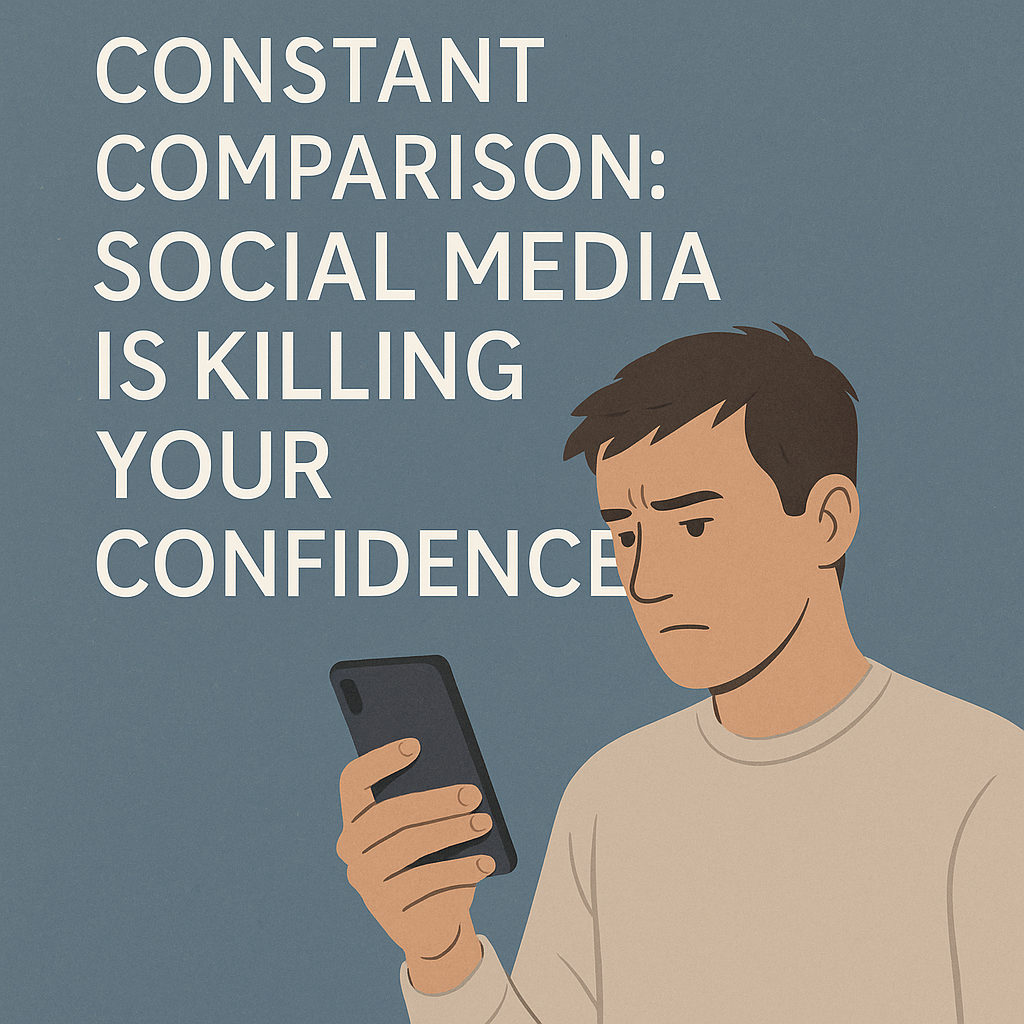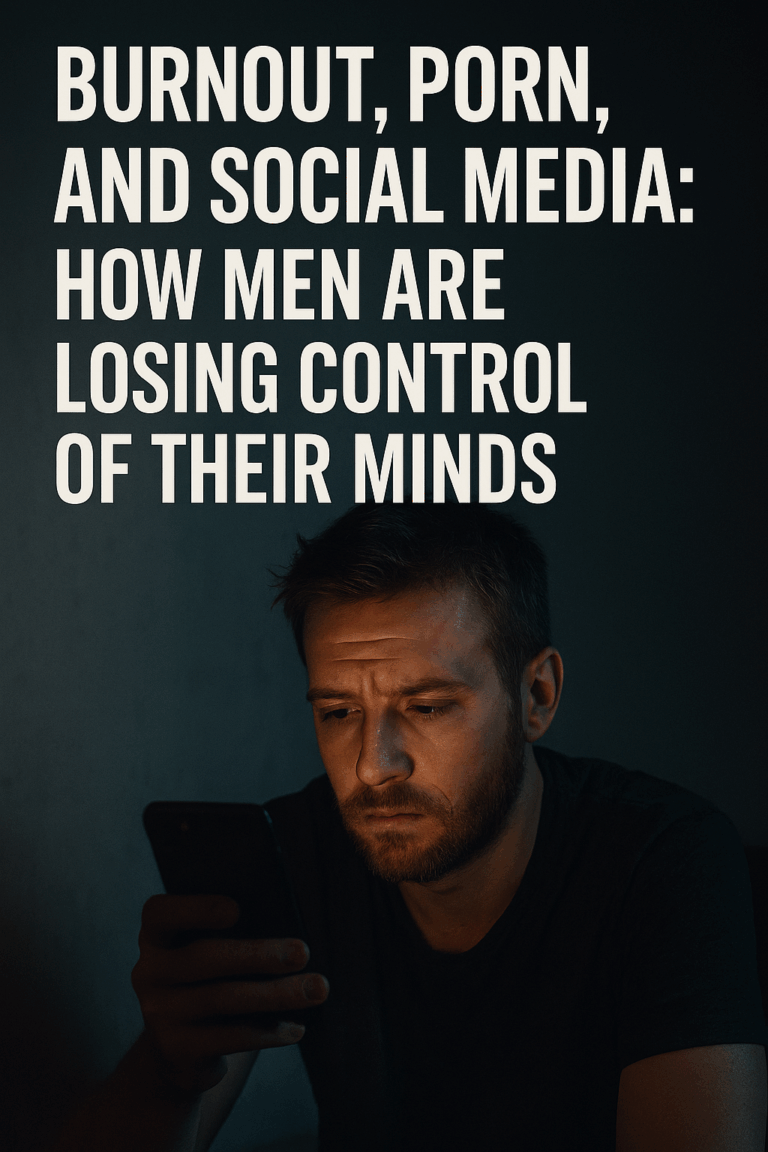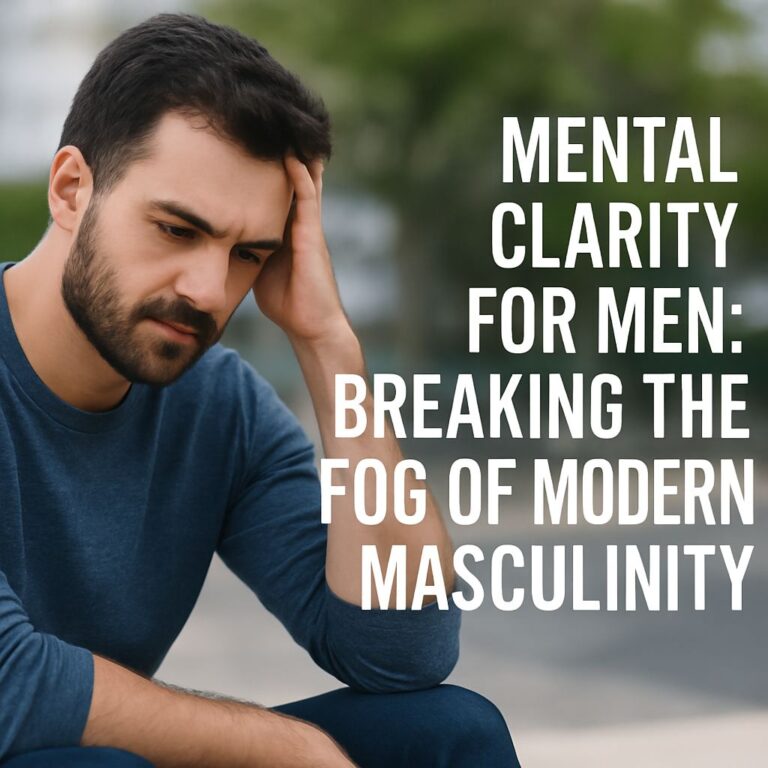The Porn Effect: How Rising Consumption Is Reshaping Men’s Minds and Relationships
Published on: May 16, 2025
In the past decade, few industries have experienced such explosive growth as online pornography. With high-speed internet, smartphones, and total privacy, adult content has become more accessible than ever. According to recent data, websites like Pornhub receive over 100 billion visits annually, with a significant portion of traffic coming from men across the United States, Canada, and Australia.
While porn was once a hidden topic, today it has entered the mainstream—casually mentioned in conversations, memes, and social platforms. But this cultural shift raises an essential question: what is this massive consumption doing to the minds of modern men?
The Rise of Porn: A Statistical Overview
Between 2012 and 2024, global porn consumption has nearly doubled. In countries like the U.S., it’s estimated that over 70% of adult men watch pornography at least once a week. During the COVID-19 pandemic, some platforms reported traffic surges of up to 24% in just a few months. In Australia and Canada, adult content remains among the top 5 search categories on Google, year after year.
This boom is not just about volume; it’s about frequency and intensity. Algorithms are now tailored to recommend more extreme, novel, or niche content, keeping users engaged longer. This endless stream of novelty, while stimulating, is creating psychological consequences that many men don’t recognize until deeper issues arise.
Today, men as young as 11 or 12 are being exposed to explicit material without any form of guidance or discussion. This early exposure often becomes a silent teacher, shaping beliefs about sexuality long before real relationships begin.
Neurological Effects: Rewiring the Male Brain
One of the most discussed effects of porn is its impact on dopamine—the brain’s reward chemical. Pornography delivers an instant hit of stimulation without the challenges of real connection. Over time, this can lead to desensitization, where the brain requires more intense material to feel the same satisfaction. This phenomenon is similar to what occurs in drug addiction.
Studies have shown that excessive porn use can contribute to difficulty concentrating, decreased motivation, emotional numbness, and even a loss of interest in real-life pleasures. In young men especially, the constant pursuit of novelty through porn can lead to a “flattened” emotional state, where everything outside the screen feels dull or less exciting.
Long-term use may also interfere with memory, decision-making, and impulse control. In short, the brain begins to prioritize instant gratification over long-term goals—affecting not just intimacy but ambition, focus, and emotional regulation.
Sexual Consequences: Artificial vs. Authentic Desire
Another consequence of porn overuse is its effect on real-life sexual performance and desire. Some men report developing a condition known as porn-induced erectile dysfunction (PIED), where they are able to perform with a screen but struggle in intimate encounters.
Why does this happen? Porn creates a fantasy world where everything is under control. There’s no awkwardness, no rejection, no emotional investment. When faced with the complexities of real intimacy, the brain—conditioned by years of visual stimulation—struggles to respond.
This also affects desire. Many men begin to find their real partners less attractive—not because of any change in the partner, but because their mind has been trained to seek constant variety, unrealistic scenarios, and exaggerated expressions of pleasure. This distortion can slowly erode satisfaction in long-term relationships.
Furthermore, sexual expectations shaped by porn may lead to disappointment, performance anxiety, or an inability to connect emotionally during sex. For couples, this can silently drive a wedge in intimacy and trust.
Shifting Perceptions: How Porn Alters the View of Women
One of the more subtle but significant consequences of pornography is its influence on how men perceive women. Porn rarely portrays healthy intimacy, communication, or consent. Instead, it often depicts unrealistic scenarios where women are passive, submissive, or objectified.
Over time, this can affect how men unconsciously interact with women in the real world. It may contribute to a lack of empathy, difficulty forming emotional bonds, or even unrealistic expectations in romantic relationships. Some men, without realizing it, begin to treat emotional connection as optional rather than essential.
For younger generations growing up with unlimited access to adult content, this becomes even more alarming. Their first exposure to sex is often through scripted, artificial media rather than real-life conversations or education. As a result, they may enter adulthood with deep confusion about what genuine intimacy actually looks like.
In some cases, repeated exposure to violent or degrading material may even lower emotional sensitivity toward boundaries and respect in intimate relationships. This is why education and open dialogue matter more than ever.
Breaking the Cycle: Awareness Before Judgment
This is not a call to moralize or shame. The aim here is awareness. Porn, in moderation and with conscious use, may not be inherently harmful. But the way it is currently consumed—compulsively, frequently, and without reflection—can have unintended consequences on a man’s mental clarity, emotional depth, and ability to form meaningful connections.
For some, quitting or reducing porn leads to powerful changes: sharper focus, stronger self-esteem, and more genuine desire for real relationships. For others, simply becoming aware of its psychological impact opens the door to healthier habits and better communication with partners.
There are now entire online communities, books, and coaching platforms dedicated to helping men reclaim their mental clarity by breaking free from compulsive pornography use. This movement isn’t about shame. It’s about freedom and self-mastery.
A New Conversation for a New Generation
It’s time for men to speak openly—not with guilt or embarrassment, but with curiosity and responsibility. The question isn’t whether porn is good or bad. It’s whether it’s helping or hurting your personal growth, relationships, and sense of self.
In a world flooded with stimulation, choosing to reclaim your attention and connection is a radical act of strength. And the first step is simple: awareness.
Are you really in control of your desires—or are your desires controlling you?
If this article spoke to you, share it with a friend. And if you want more insights on clarity, masculinity, and emotional strength, explore more at Grounded Path Life.

